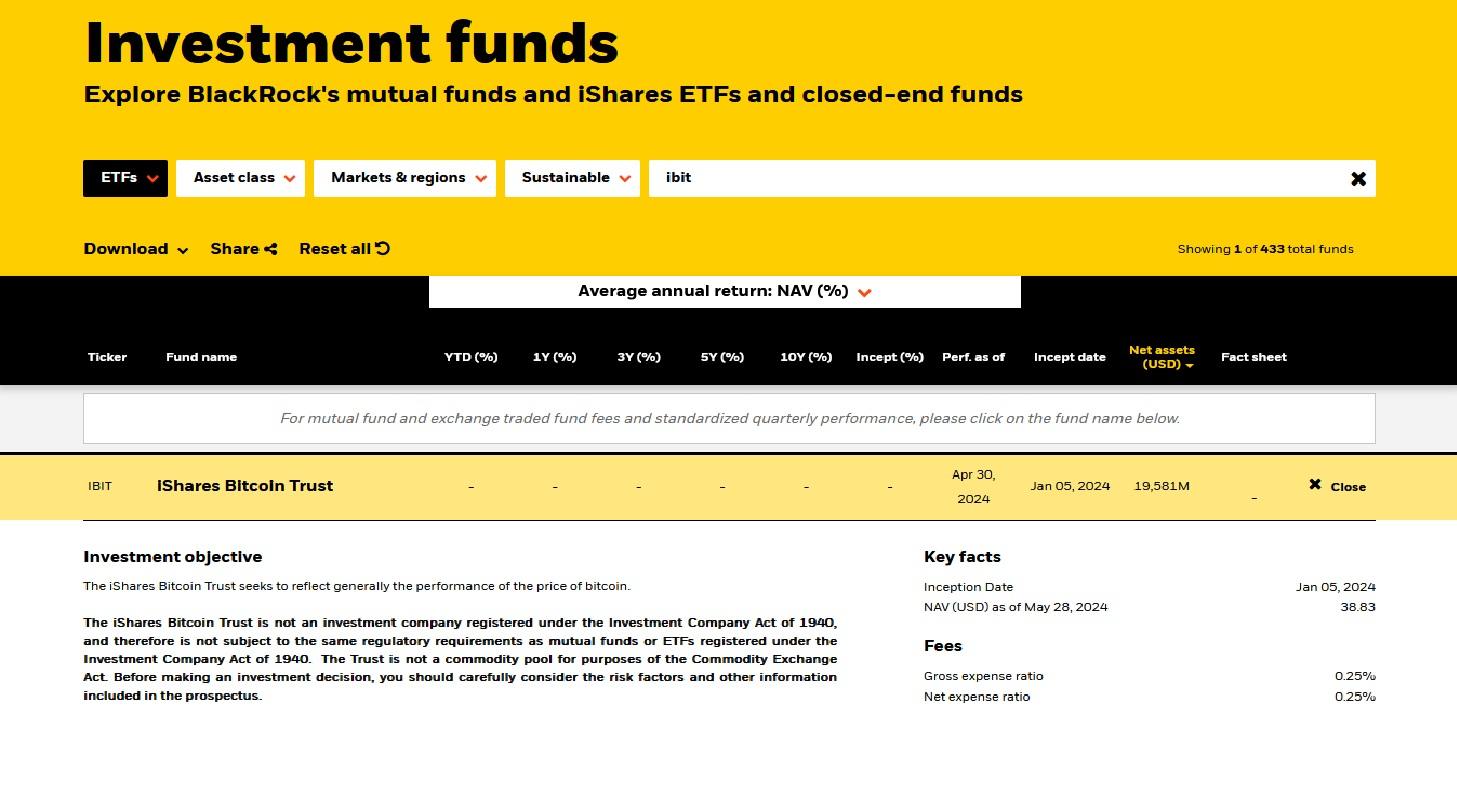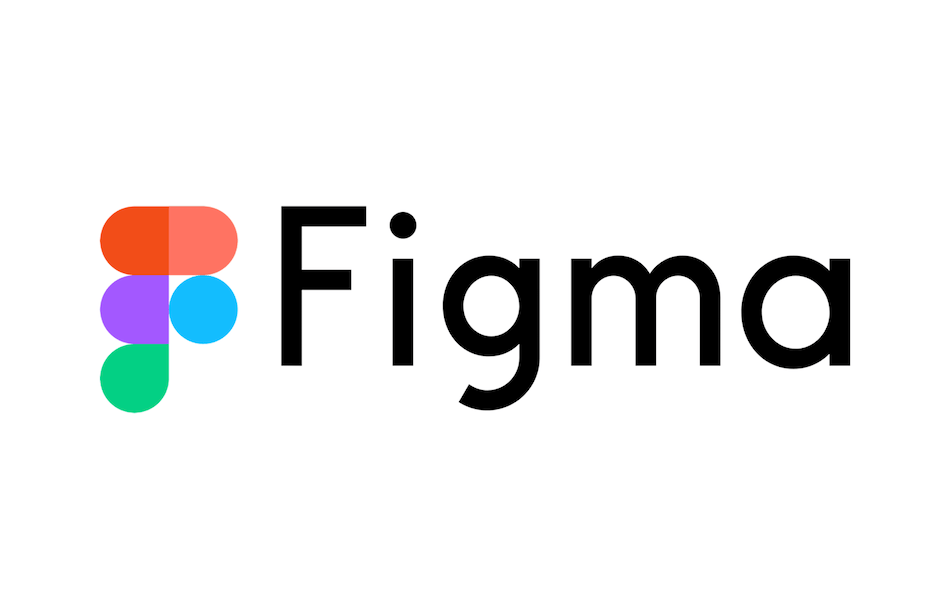
Key Takeaways
- Connecticut has banned state investment in bitcoin and digital assets.
- The new law imposes strict disclosure rules on bitcoin-related businesses.
- Several other U.S. states are instead moving to add bitcoin to their reserves.
Connecticut has passed a sweeping law banning state agencies from investing in digital assets such as bitcoin.
Governor Ned Lamont signed House Bill 7082 on June 30, prohibiting state entities from investing in or accepting bitcoin as payment for any financial obligation owed to the state.
Business impact
The legislation also introduces strict requirements for bitcoin-related businesses operating within Connecticut.
Companies transmitting virtual currency must clearly disclose all material risks to consumers.
The law mandates that customers be informed:
“Virtual currency transactions are irreversible and are used by persons seeking to defraud customers… including, but not limited to, a person impersonating a customer’s loved one, threatening jail time, stating that a customer’s identity has been stolen, insisting that a customer withdraw money from the customer’s bank account and purchase cryptocurrency or alleging a customer’s personal computer has been hacked.”
Lawmakers say the measures are designed to protect consumers from volatility and scams linked to digital assets. The bill passed unanimously in the Connecticut General Assembly earlier in June.
Other states move toward bitcoin reserves
While Connecticut has enacted one of the most sweeping bans on digital asset adoption by a US state, other states are moving the other direction.
Texas recently enacted a law allowing public funds to create a bitcoin reserve.
Arizona and New Hampshire have also introduced measures to add bitcoin to their state treasuries, reflecting a growing divide in public finance policy.
According to Bitcoin Laws data, 48 bills related to bitcoin reserves are under consideration across the US, with eight states already approving such initiatives.




